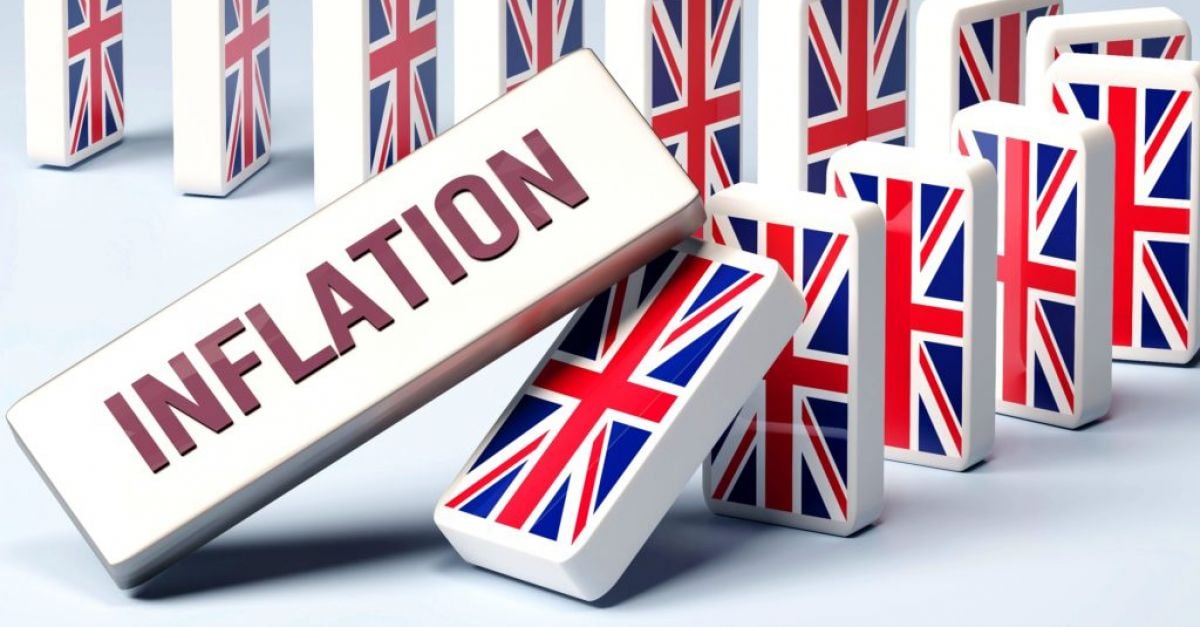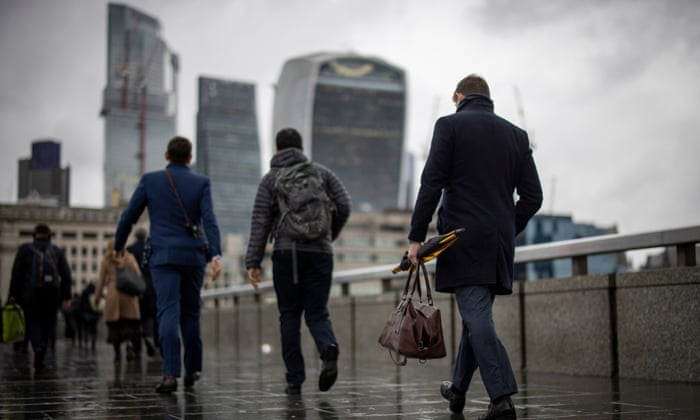According to an IMF report, the UK will go into recession this year and have the slowest economic growth in 2024.

The economy of the United Kingdom is mixed, combining aspects of both a market economy and a planned economy.
In the 2021 Index of Economic Freedom, the UK is ranked ninth globally due to its high level of economic freedom.
The UK economy is primarily supported by the services sector, which generates about 80% of its GDP.
The finance and insurance industry is a significant part of the services sector and a major contributor to the UK’s economy. The manufacturing sector, while declining in recent decades, is still significant and includes industries such as automotive, aerospace, and pharmaceuticals.
The UK is a member of the European Union, but it left the EU in 2020, which has had an impact on its economy and trade relationships.
The International Monetary Fund (IMF) is an international organization that was established in 1944 to promote international monetary cooperation, facilitate the balanced growth of international trade, and secure financial stability.
Its main function is to ensure the stability of the international monetary system, which is the system of exchange rates and international payments that enables countries to transact with each other.
The IMF provides financial assistance to member countries experiencing balance of payments difficulties, mainly through lending. In return, these countries are expected to implement economic reforms and adjust their policies to restore stability and growth.

The IMF also provides policy advice, research, and technical assistance to its member countries to help them build strong economies and reduce poverty.
Additionally, the IMF conducts regular assessments of the economies of its member countries, known as Article IV consultations, and provides reports on their economic and financial developments and outlook.
The IMF’s goal is to support its member countries in achieving sustained economic growth and reducing poverty.
The International Monetary Fund (IMF) forecasts that the UK will experience the worst two years of any major industrial country, with a recession in 2023 and the slowest growth among peers in 2024.
According to the IMF, the UK’s economy will contract by 0.6% this year, making it the only member of the Group of Seven whose economy will do so.
By comparison, Russia, which is under sanctions and is projected to grow by 0.3% after contracting 2.2% in 2022, has a worse outlook than Britain.
Forecasts for the UK economy
The Washington-based institution cut its UK outlook from October by a staggering 0.9 percentage points, claiming that increased interest and tax rates as well as restrained government spending will exacerbate a cost-of-living crisis.
The forecast emphasizes the difficulties facing Prime Minister Rishi Sunak’s administration as it approaches the upcoming election, which must be held by January 2025.
The economy will essentially stagnate over the next two years, growing by just 0.3%. Except for the pandemic, this year’s recession would be the first since the financial crisis of 2009.
The Bank of England governor recently stated that any UK decline this year is likely to be shallower than initially anticipated, according to Chancellor of the Public coffers Jeremy Hunt.
“The pressures affecting almost all advanced economies do not exempt us.” Our long-term prospects should not be obscured by short-term difficulties.
The economy will only begin to grow again gradually in 2024, growing at 0.9%, matching Italy and Japan at the bottom of the G-7 league table for growth.
The prediction foresees the first UK recession since the 2009 financial crisis, excluding the pandemic.
The economy will essentially stagnate during the two years leading up to the deadline for Prime Minister Rishi Sunak to announce an election, growing by just 0.3%.
The IMF increased its global growth forecast this year from 2.7% to a still sluggish 2.9% without downgrading any other G-7 economies.
According to its World Economic Outlook update, the global economy could be hampered by an escalation of the conflict in Ukraine or a health crisis in China as COVID spreads. But “unfavorable risks have abated since October.”
Since then, there have been tighter financial conditions and higher borrowing costs for both households and businesses.
Rates have been increased by the Bank of England from 2.25% to 3.5%, and markets now anticipate a final settlement of around 4.5%.
Although the fiscal policy is looser this year than it was at the previous forecast, the IMF claimed that its downgrade also reflected a “tighter fiscal” policy.
The IMF criticized the UK’s massive spending binge in October, saying that fiscal and monetary policy shouldn’t conflict with one another and that the government should rein in the public finances.
The warning was reiterated by IMF Chief Economist Pierre-Olivier Gourinchas. In a blog post published alongside the forecast, he claimed that many nations are providing excessive amounts of energy assistance, which is “expensive and becoming increasingly unsustainable.”
Gourinchas proposes that as an alternative, nations should “adopt targeted measures that help preserve fiscal space, allow high energy prices to reduce energy requirements, and avoid overly boosting the economy.”
He also urged central banks, like the Bank of England, to continue raising interest rates even if it meant making already struggling households even worse off. On Thursday, the BOE is anticipated to increase rates by a half point to 4%.
Where inflation pressures are still too high, central banks must raise real policy rates above the neutral rate and maintain them there until underlying inflation is clearly on the decline, according to Gourinchas. The risk of undoing all previous progress when relaxing too soon
Also, read these articles.


